Praxohenz CR-12.5 Tablet 10's
MRP ₹195.5
(Inclusive of all Taxes)
₹29.3 Cashback (15%)
Provide Delivery Location
Online payment accepted
 Prescription drug
Prescription drugWhats That
Composition :
Manufacturer/Marketer :
Consume Type :
Expires on or after :
Return Policy :
About Praxohenz CR-12.5 Tablet
Praxohenz CR-12.5 Tablet belongs to a group of medicines called antidepressants used to treat a major depressive disorder, obsessive-compulsive disorder (OCD), panic disorder, social anxiety disorder, post-traumatic stress disorder, premenstrual dysphoria disorder and generalised anxiety disorder. Depression is a mood disorder characterised by sadness, unhappiness, anger, hopelessness or loss that interferes with a person’s daily activities.
Praxohenz CR-12.5 Tablet contains ‘Paroxetine’, which is a selective serotonin reuptake inhibitor. It works by inhibiting serotonin's reuptake, a mood-enhancing chemical messenger in the brain that communicates between brain cells. This helps increase serotonin concentrations in the nerve synapse, thereby regulating mood and treating depression and anxiety disorders.
Take Praxohenz CR-12.5 Tablet as prescribed. You are advised to take Praxohenz CR-12.5 Tablet for as long as your doctor has prescribed it for you depending on your medical condition and response to the treatment. In some cases, you may experience certain common side-effects such as insomnia (difficulty sleeping), dizziness, headache, diarrhoea, nausea, fatigue, dry mouth, loss of appetite, and sexual disturbances. You are advised to talk to your doctor if the side effects persist or worsen.
Do not take Praxohenz CR-12.5 Tablet if you are pregnant, as it may cause harm to the foetus. Consult your doctor before taking Praxohenz CR-12.5 Tablet if you are breastfeeding. Avoid driving or operating machinery as Praxohenz CR-12.5 Tablet may cause dizziness, confusion, sleepiness and blurred vision. Praxohenz CR-12.5 Tablet is not recommended for children below 18 years as the safety and effectiveness have not been established. Avoid consumption of alcohol while taking Praxohenz CR-12.5 Tablet as it may make your symptoms or side-effects worse. Keep your doctor informed about your health condition and medicines to rule out any side-effects.
Uses of Praxohenz CR-12.5 Tablet
Directions for Use
Key Benefits
Praxohenz CR-12.5 Tablet belongs to a group of antidepressant medicines called selective serotonin reuptake inhibitors. Praxohenz CR-12.5 Tablet is used to treat major depressive disorder, obsessive-compulsive disorder (OCD), panic disorder, social anxiety disorder, post-traumatic stress disorder, premenstrual dysphoric disorder, and generalised anxiety disorder. Praxohenz CR-12.5 Tablet works by inhibiting serotonin's reuptake by nerves, a mood-enhancing chemical messenger in the brain that communicates between brain cells. This helps increase serotonin concentrations in the nerve synapse, thereby regulating mood and treating depression and anxiety disorders. Praxohenz CR-12.5 Tablet has fewer unwanted side effects than older antidepressants and helps people recover from depression.
Storage
Drug Warnings
Do not take Praxohenz CR-12.5 Tablet if you are allergic to any of its contents; if you are taking monoamine oxidase inhibitors (MAOI) or have taken them in the last 14 days, or if you are taking antipsychotic medicines such as thioridazine or pimozide. Consult your doctor immediately if you have suicidal thoughts, such as killing or harming yourself. Inform your doctor if you have/had epilepsy, mania, diabetes, low sodium levels in blood, glaucoma, or are undergoing treatment for severe depression called electro-convulsive therapy. Do not take Praxohenz CR-12.5 Tablet if you are pregnant, as it may cause harm to the foetus. Consult your doctor before taking Praxohenz CR-12.5 Tablet if you are breastfeeding. Avoid driving or operating machinery as Praxohenz CR-12.5 Tablet may cause dizziness, confusion, sleepiness and blurred vision. Praxohenz CR-12.5 Tablet is not recommended for children below 18 years as the safety and effectiveness have not been established. Avoid consumption of alcohol while taking Praxohenz CR-12.5 Tablet as it may make your symptoms or side-effects worse.
Diet & Lifestyle Advise
- Maintain a healthy diet and exercise regularly as it helps in improving overall health and boosts self-esteem.
- Regularly attend therapy sessions.
- Perform meditation and yoga. This helps in relieving stress and provides relaxation.
- Follow a regular sleep pattern to improve the amount and quality of sleep you get.
- Include foods rich in omega fatty acids such as fish, nuts, fresh fruits, vegetables and olive oils.
- Neurotransmitters are made up of amino acids. Amino acid-rich foods such as meat, dairy products, and certain fruits and vegetables help in the proper maintenance of neurotransmitters.
- Complex carbohydrates help in stimulating serotonin (a feel-good neurotransmitter). These include whole grains, legumes, spinach, broccoli, oranges and pears.
- Exercising helps in the production of the body’s natural antidepressants. It also helps in relieving stress, improving mood, boosting self-esteem, and providing restful sleep.
- Avoid smoking and alcohol consumption.
- Learn about your condition, understand the risk factors and follow the doctor’s treatment plan.
Side Effects of Praxohenz CR-12.5 Tablet
- Insomnia (difficulty sleeping)
- Headache
- Diarrhoea
- Nausea
- Fatigue
- Dry mouth
- Loss of appetite
- Sexual disturbances
Habit Forming
Therapeutic Class
All Substitutes & Brand Comparisons
RX
Paro Cr 12.5mg Tablet 10's
D D Pharmaceuticals Pvt Ltd
₹128
(₹11.52 per unit)
34% CHEAPERRX
Pariwave CR 12.5 Tablet 10's
Brainwave Healthcare Pvt Ltd
₹150
(₹13.5 per unit)
23% CHEAPERRX
Paxi-CR-12.5 Tablet 10's
Osr Pharmaceuticals Pvt Ltd
₹154.5
(₹13.91 per unit)
20% CHEAPER
Author Details
We provide you with authentic, trustworthy and relevant information
FAQs
Drug-Drug Interactions Checker List
- WARFARIN
- CLOPIDOGREL
- PERPHENAZINE
- THIORIDAZINE
- CLOZAPINE
- LITHIUM
- RISPERIDONE
- CLOMIPRAMINE
- MOCLOBEMIDE
- METHYLENE BLUE
- NORTRIPTYLINE
- DESIPRAMINE
- ASPIRIN
- IBUPROFEN
- CELECOXIB
- ETODOLAC
- DICLOFENAC
- MELOXICAM
- TRAMADOL
- PETHIDINE
- TAMOXIFEN
- SUMATRIPTAN
- FENTANYL
- RITONAVIR
- PHENOBARBITAL
- PHENYTOIN
- CARBAMAZEPINE
- PROPAFENONE
- FLECAINIDE
- METOPROLOL
- RIFAMPICIN
- LINEZOLID
- PRAVASTATIN
- MIVACURIUM
- ATOMOXETINE
- PROCYCLIDINE
- TRYPTOPHAN
- FOSAMPRENAVIR
- SUXAMETHONIUM
Special Advise
- Close monitoring of patients taking Praxohenz CR-12.5 Tablet for suicidal behaviour is advised. Talk to your doctor immediately if you have thoughts of harming or killing yourself.
Disease/Condition Glossary
Major depressive disorder: Major depressive disorder, also known as clinical depression, is a mental health disorder characterised by a persistent and intense feeling of sadness for an extended duration of time. It mainly impacts mood, behaviour, and other physical functions, such as sleep and appetite. Symptoms include sadness, loss of interest, appetite changes, sleep problems, restlessness, lack of energy, feeling worthless or guilty, thoughts of harming oneself, difficulty in concentrating, making decisions, and thinking. The exact cause of depression is unknown. However, factors such as stress, changes in hormone levels, alcohol or drug abuse, abuse during childhood, certain medical conditions and medications might increase the risk of developing depression.
Obsessive-Compulsive Disorder (OCD): It is a mental disorder that is associated with repetitive thoughts (obsessions) and the urge to do things over and again (compulsions). Symptoms include fear of germs or the need to arrange objects in a specific manner.
Panic disorder: It is a type of anxiety disorder that causes panic attacks. In this condition, a person experiences a sudden feeling of fear, when, in reality, there is no danger. Symptoms include fast heartbeat, breathing difficulty, chest or stomach pain, weakness or dizziness, and sweating.
Social anxiety disorder: It is a chronic mental health condition that causes extreme fear, anxiety, embarrassment, and self-consciousness in social gatherings. Symptoms include excessive fear, worry about humiliation or embarrassment, concern about offending someone, and fear about being judged.
Post-traumatic stress disorder (PTSD): It is a disorder that is characterised by failure to recover after witnessing or experiencing a terrifying event. This condition may last for a few months or years with triggers that could bring back the memories of trauma accompanied by intense physical and emotional reactions. Symptoms include nightmares, flashbacks, anxiety or depressed mood, heightened reactivity to a stimulus, and avoidance of situations that can bring back trauma.
Generalised anxiety disorder: It is a mental health disorder characterised by feelings of anxiety, worry or fear that are strong enough to interfere with one’s daily activities. Anxiety is the body’s natural response to stress, in which the feeling of fear may be intense and debilitating. It is the most common form of emotional disorder and can affect anyone at any age. Symptoms of anxiety include rapid breathing, increased heart rate, restlessness, trouble concentrating, and difficulty falling asleep.
Premenstrual dysphoric disorder: It is a severe form of premenstrual syndrome, which includes physical and behavioural symptoms that usually resolve after the period's onset. Premenstrual dysphoric disorder causes extreme mood shifts that can disrupt work and relationships. Symptoms include irritability, anger, hopelessness, sadness, bloating, and breast tenderness.

Have a query?
Alcohol
Safe if prescribed
Avoid consumption of alcohol while taking Praxohenz CR-12.5 Tablet as it may make your symptoms or side-effects worse.
Pregnancy
Consult your doctor
Praxohenz CR-12.5 Tablet belongs to pregnancy category D. It is not recommended to take Praxohenz CR-12.5 Tablet if you are pregnant or planning for pregnancy as Praxohenz CR-12.5 Tablet might cause foetal harm.
Breast Feeding
Consult your doctor
Praxohenz CR-12.5 Tablet may pass into breastmilk. Consult your doctor before taking Praxohenz CR-12.5 Tablet ; your doctor will decide whether Praxohenz CR-12.5 Tablet can be taken by breastfeeding mothers or not.
Driving
Safe if prescribed
Avoid driving or operating machinery as Praxohenz CR-12.5 Tablet may cause dizziness, confusion, sleepiness and blurred vision.
Liver
Consult your doctor
Dose adjustment may be needed in patients with liver impairment. Please consult your doctor if you have a liver impairment or any concerns regarding this.
Kidney
Consult your doctor
Dose adjustment may be needed in patients with kidney impairment. Please consult your doctor if you have kidney impairment or any concerns regarding this.
Children
Safe if prescribed
Praxohenz CR-12.5 Tablet is not recommended for children below 18 years as the safety and effectiveness have not been established.




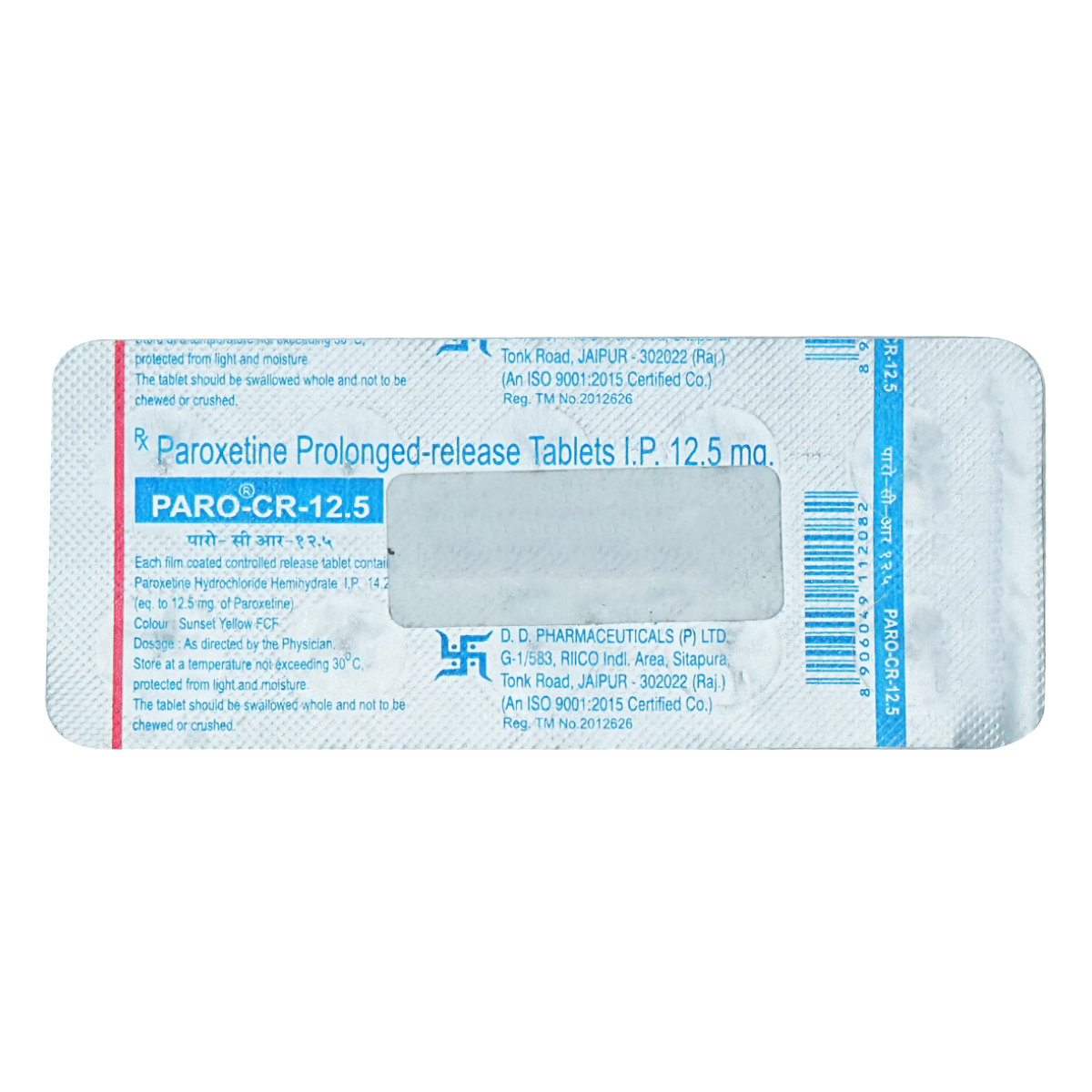
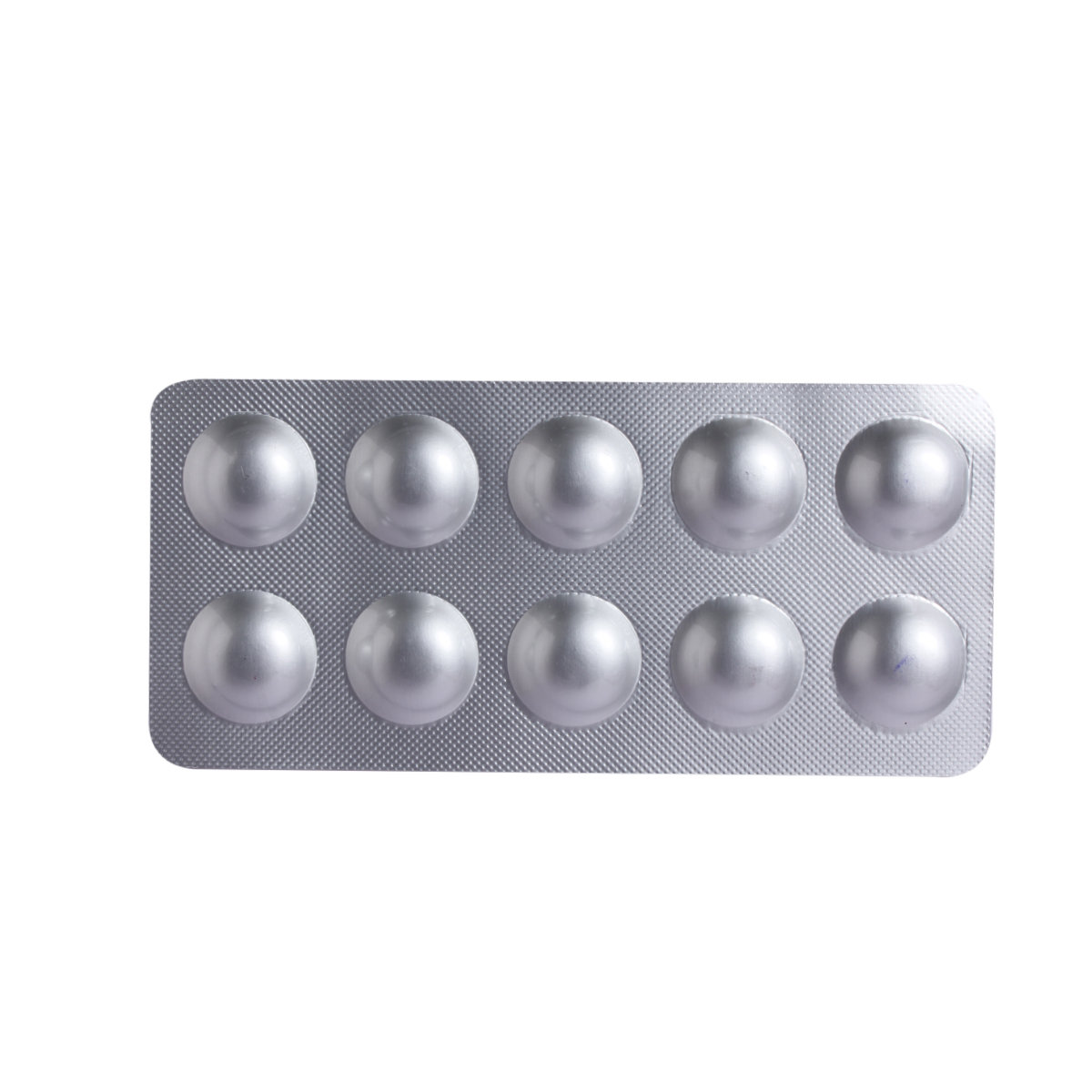


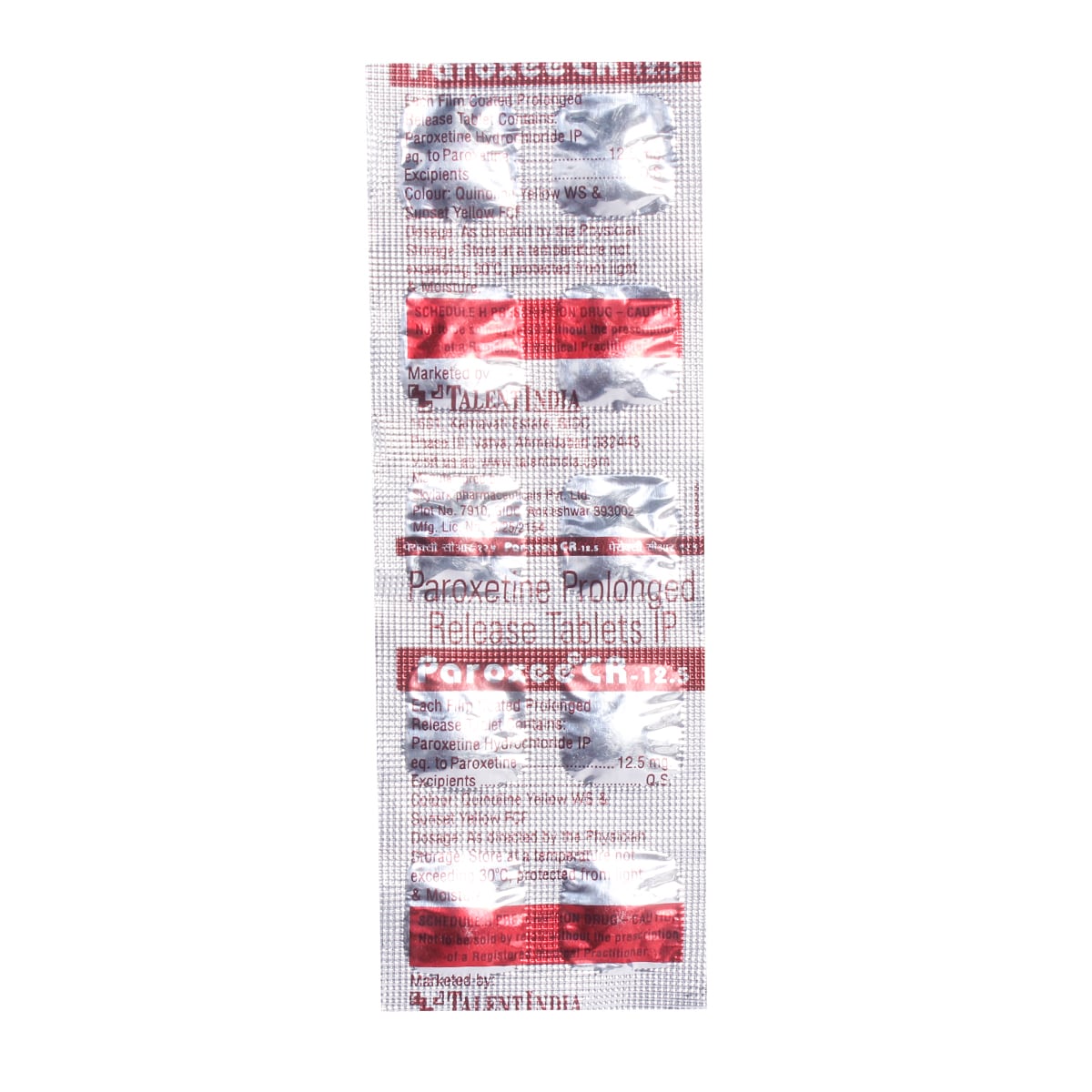
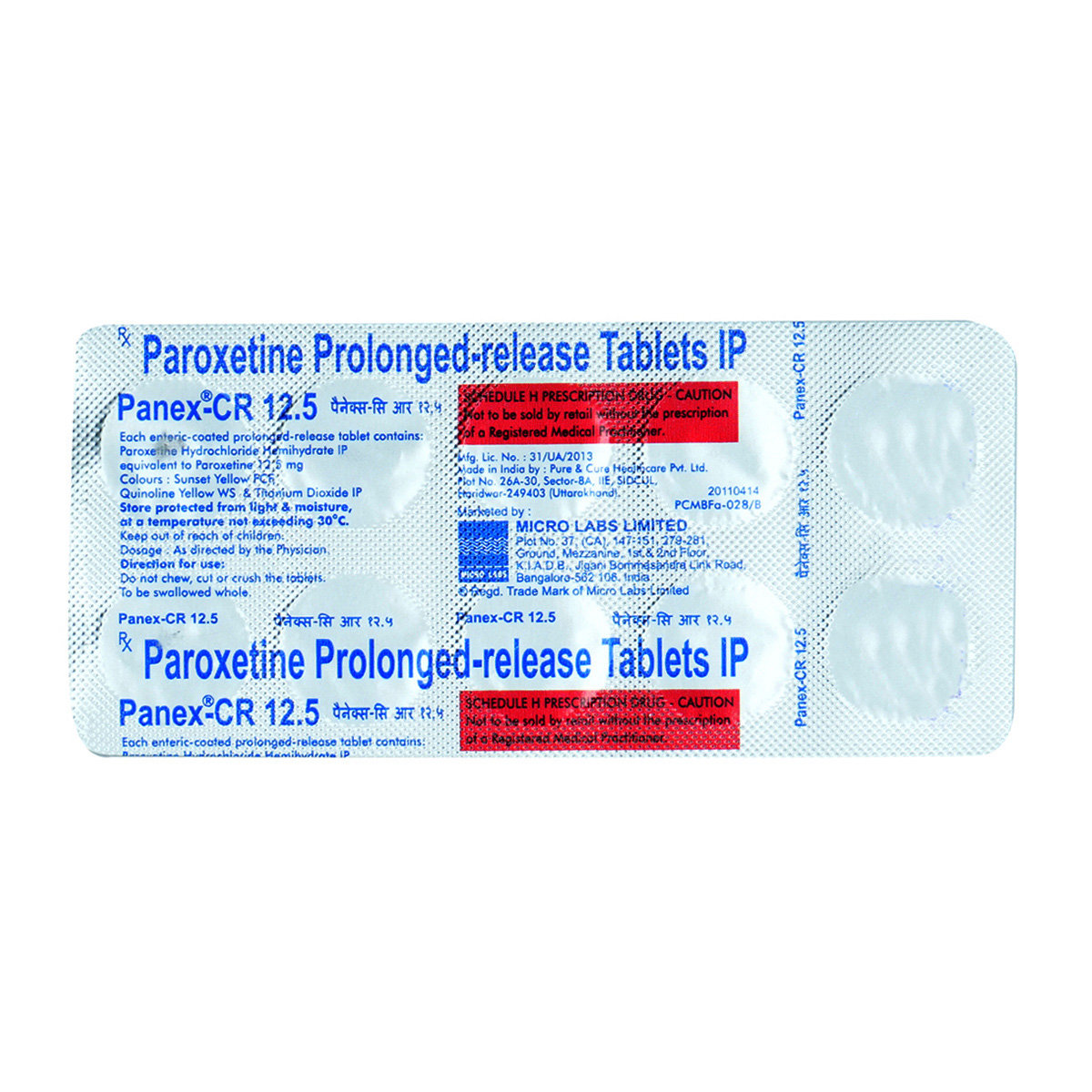
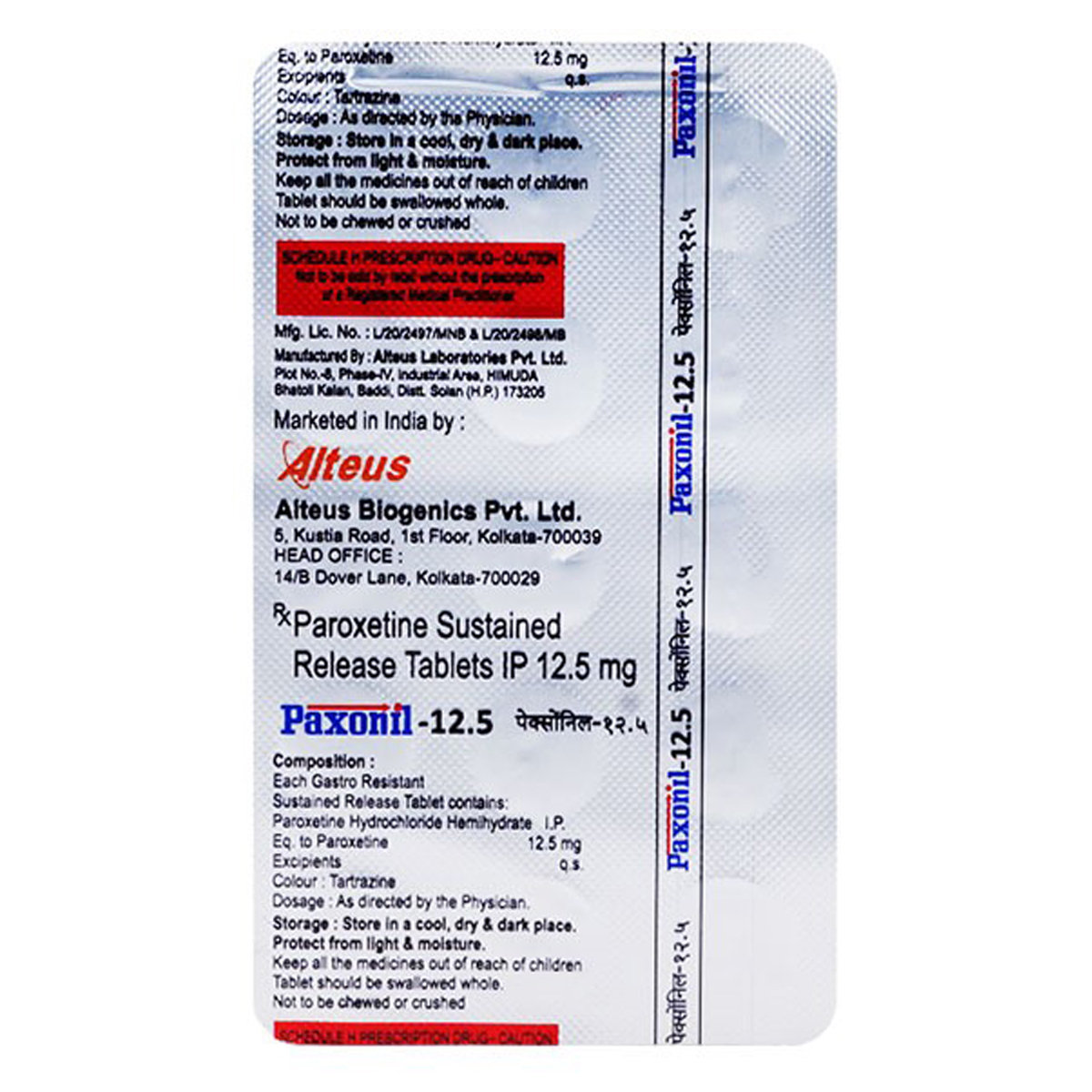
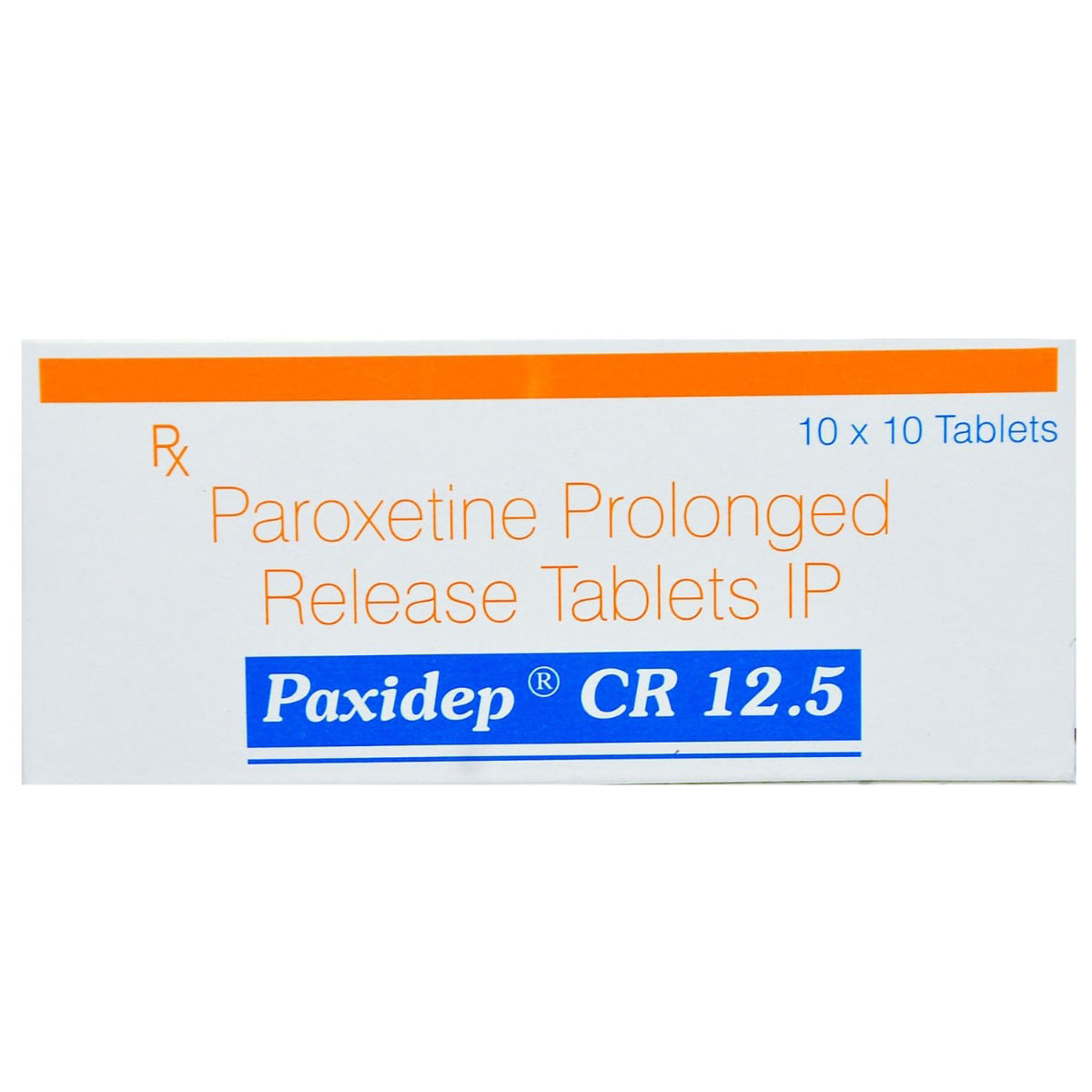
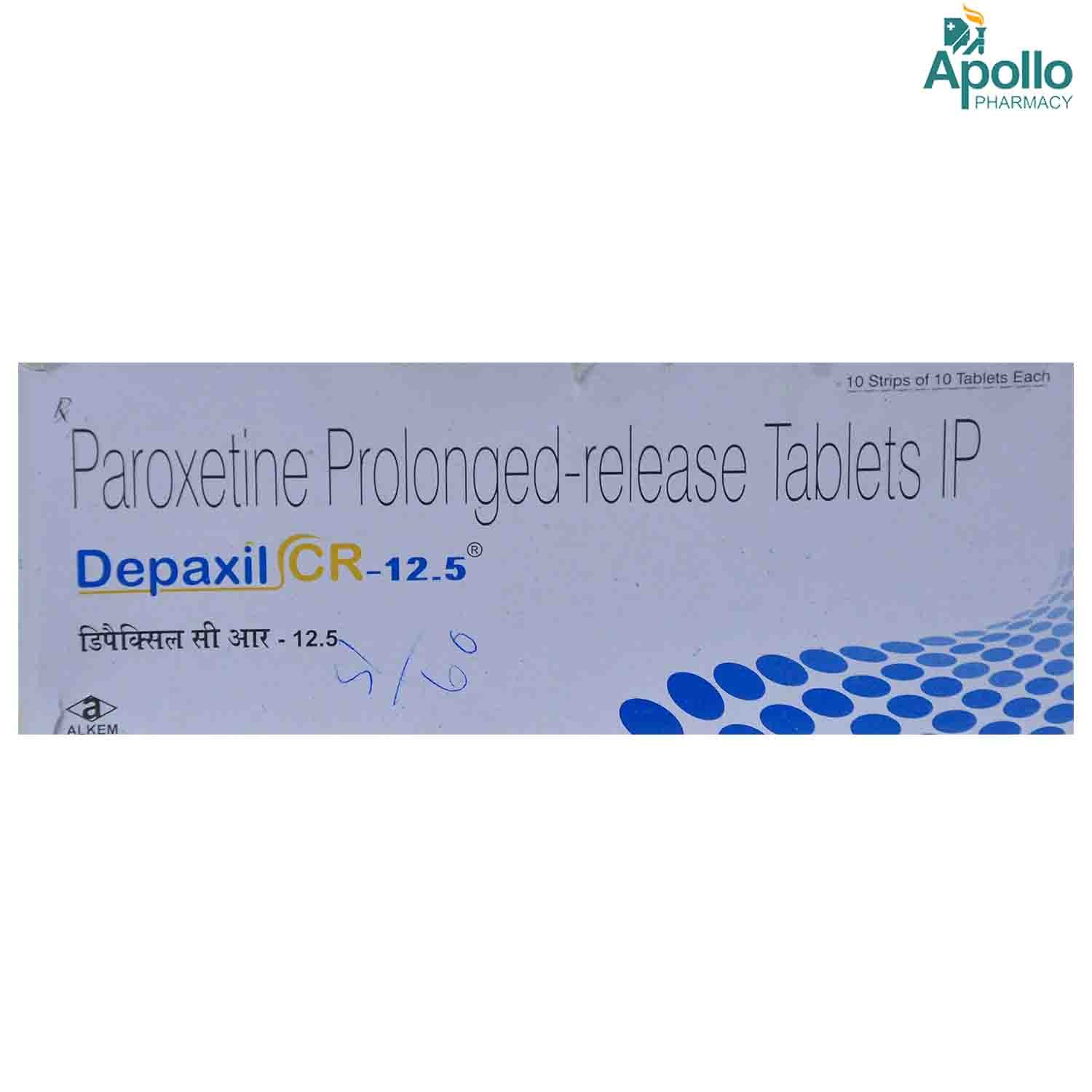
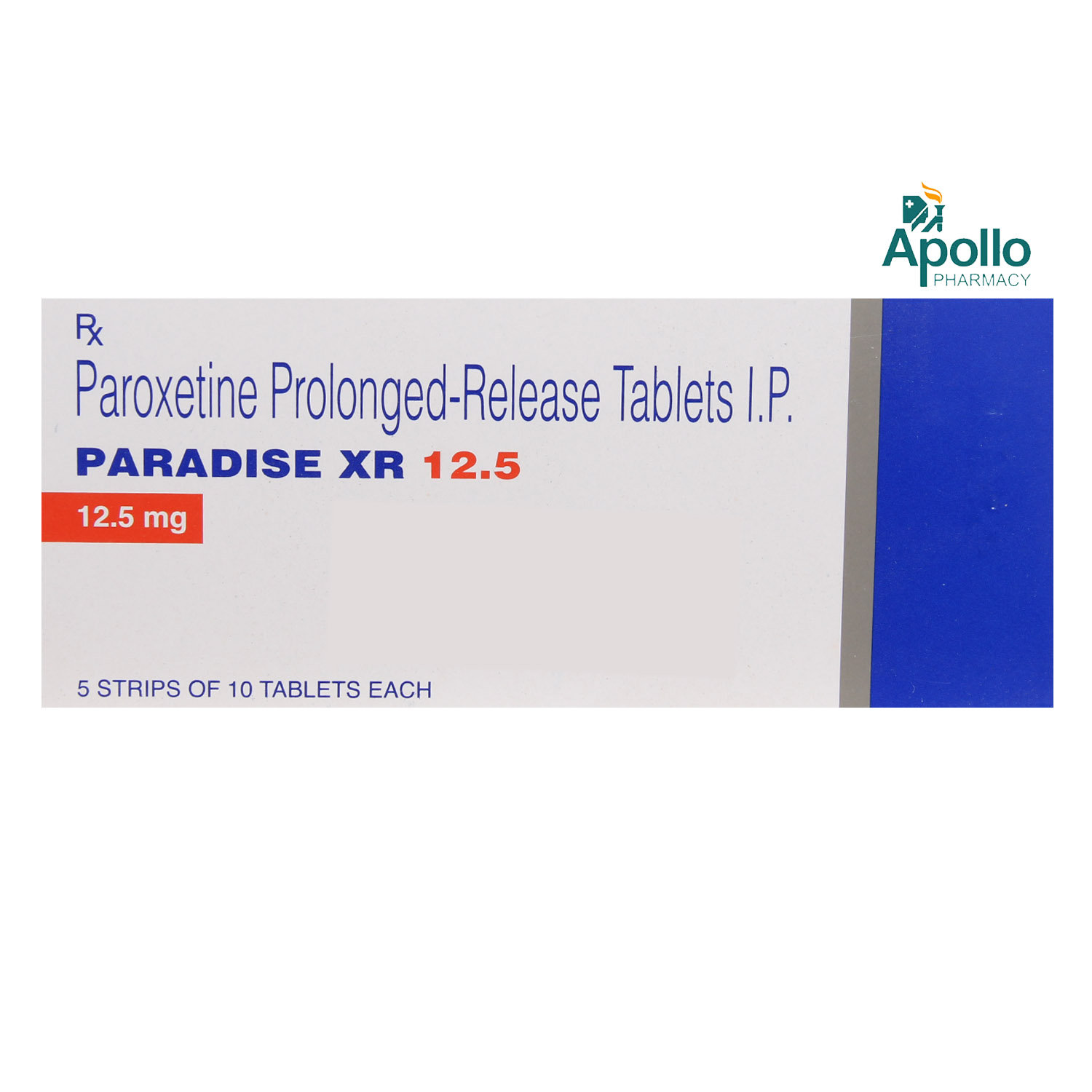
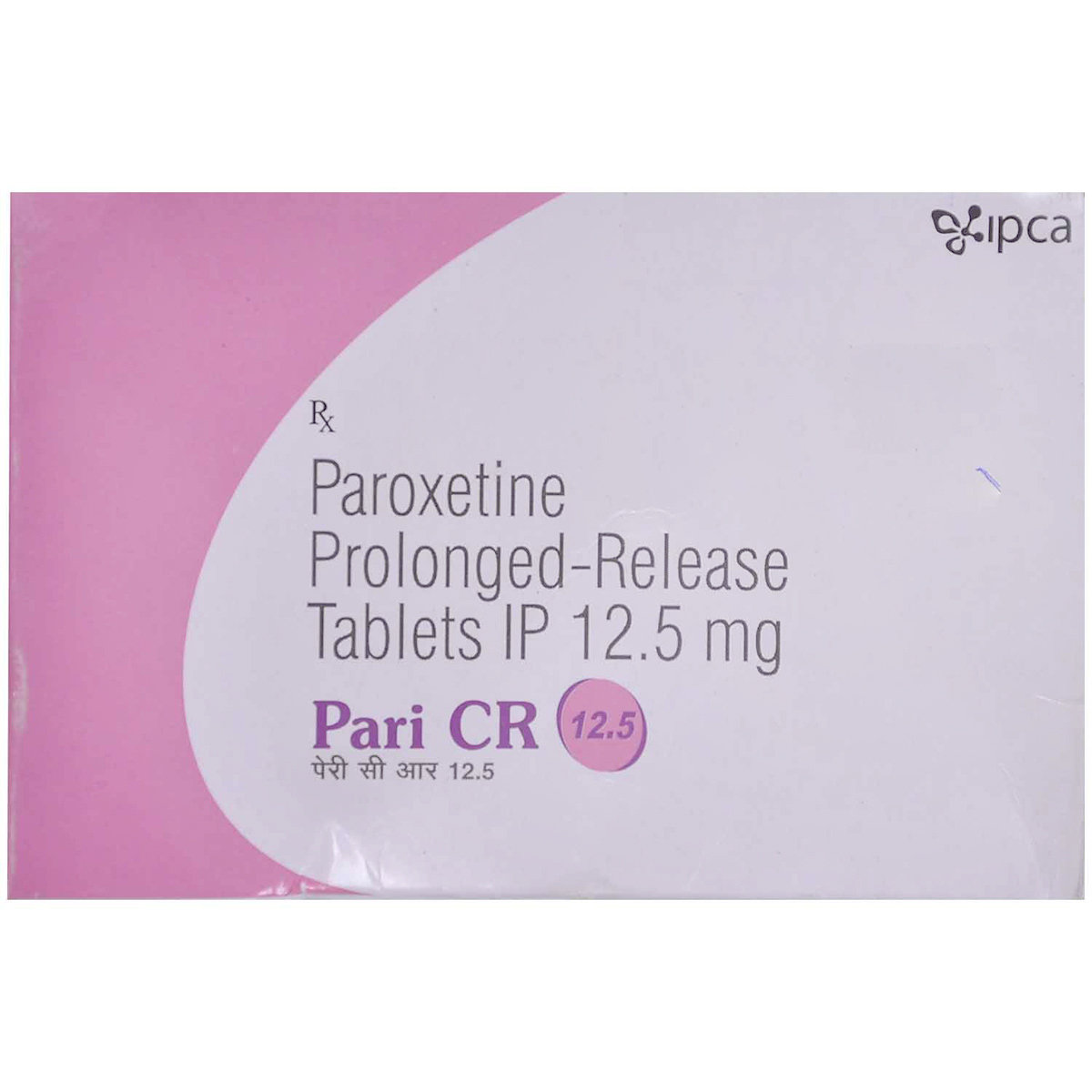
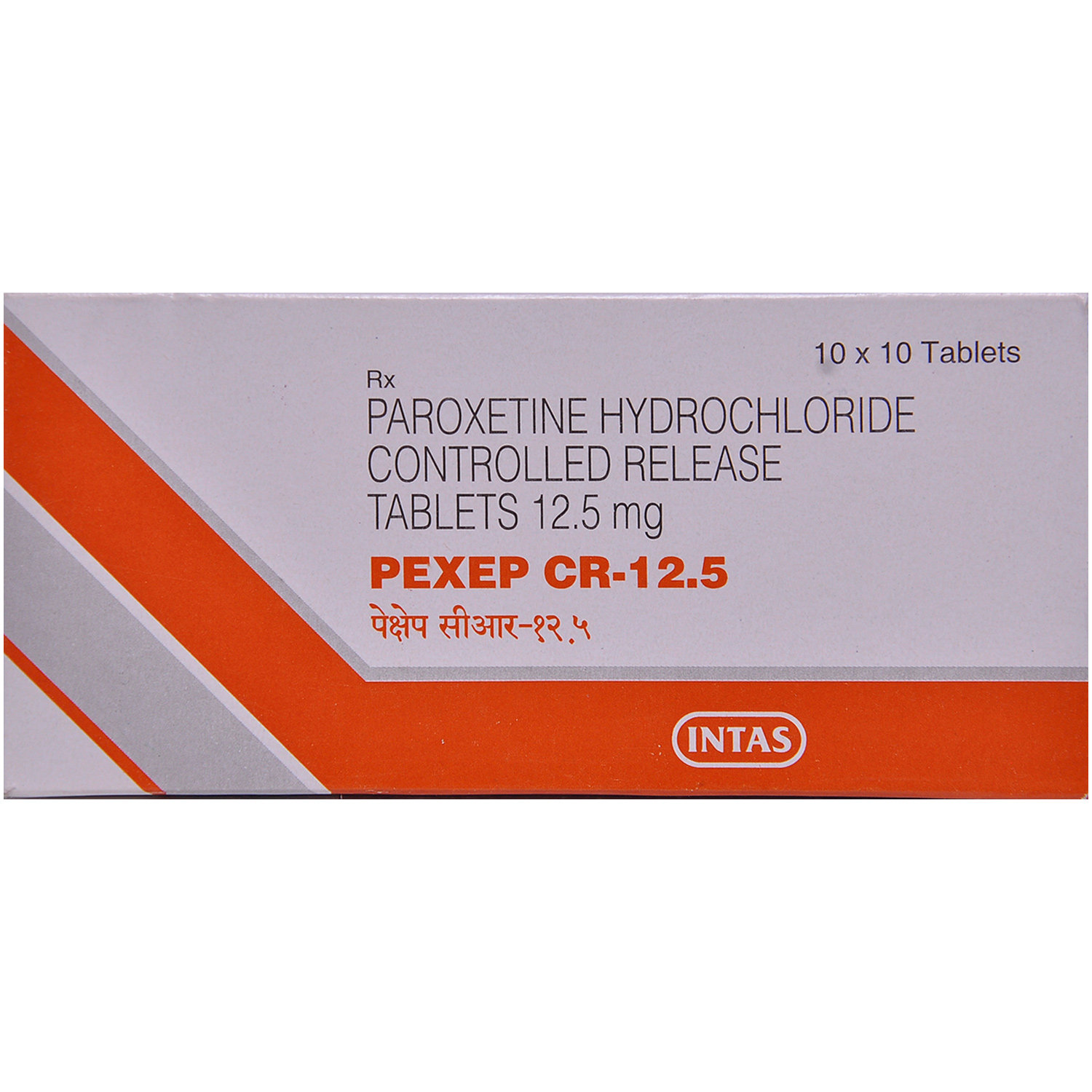
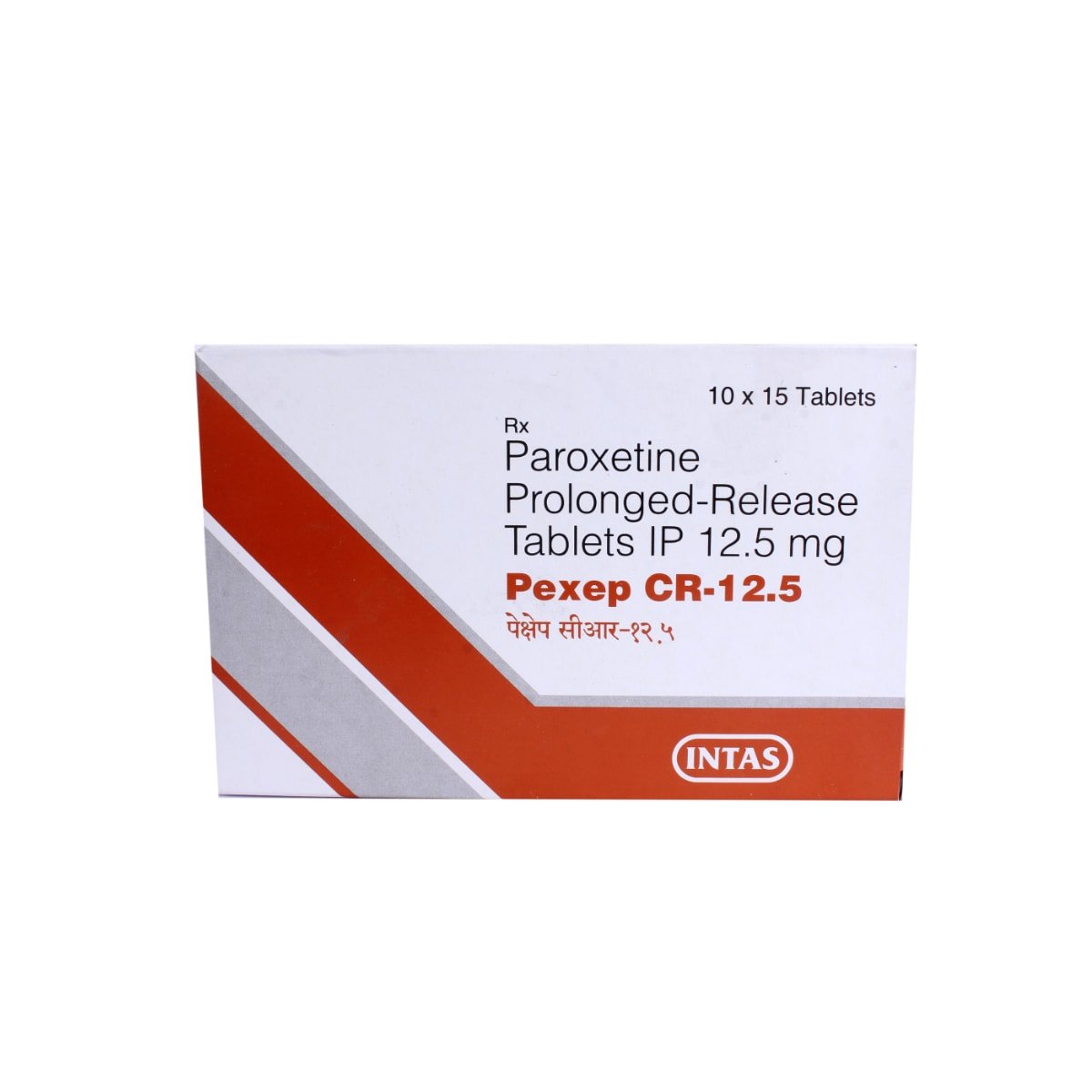
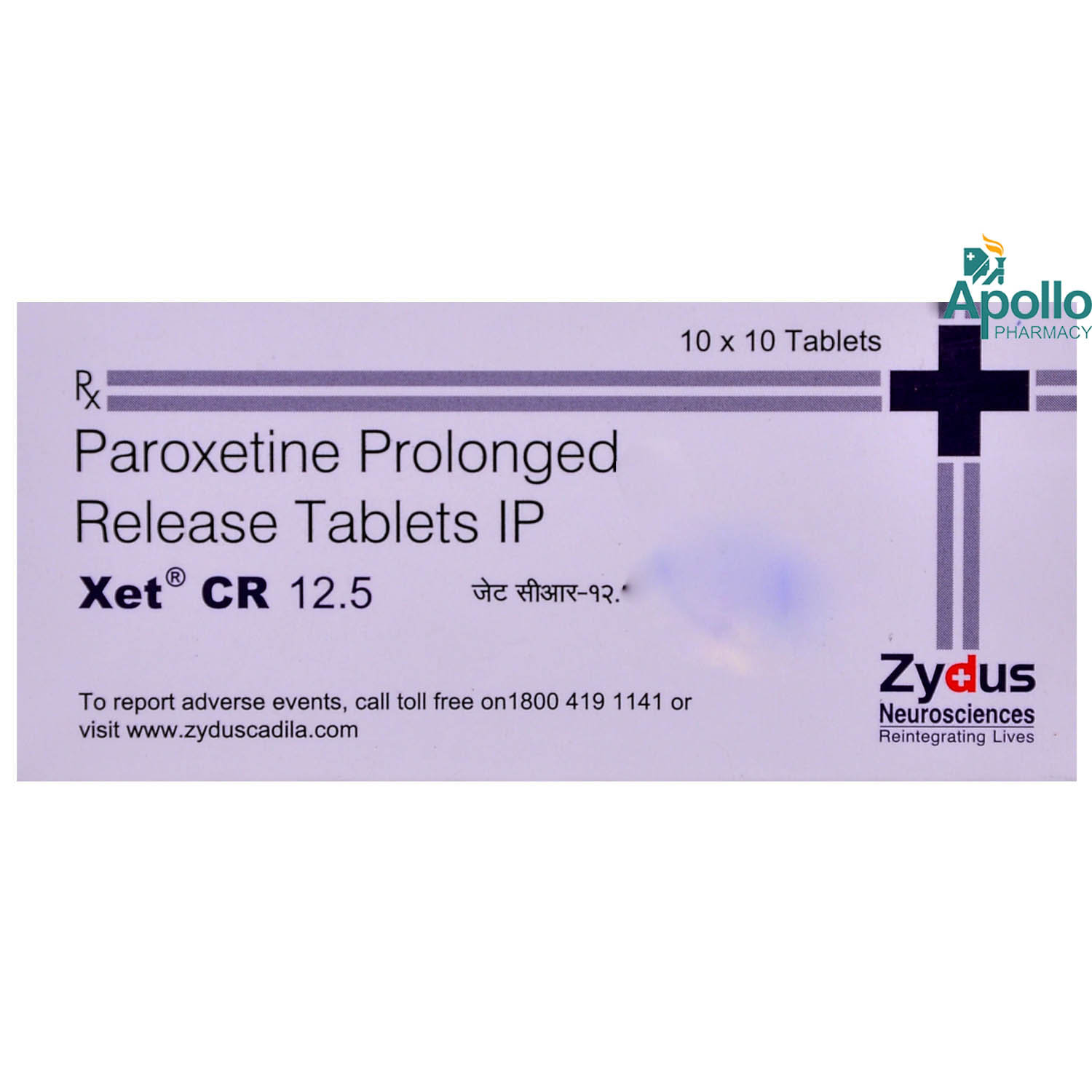

_0.jpg?tr=q-85)

